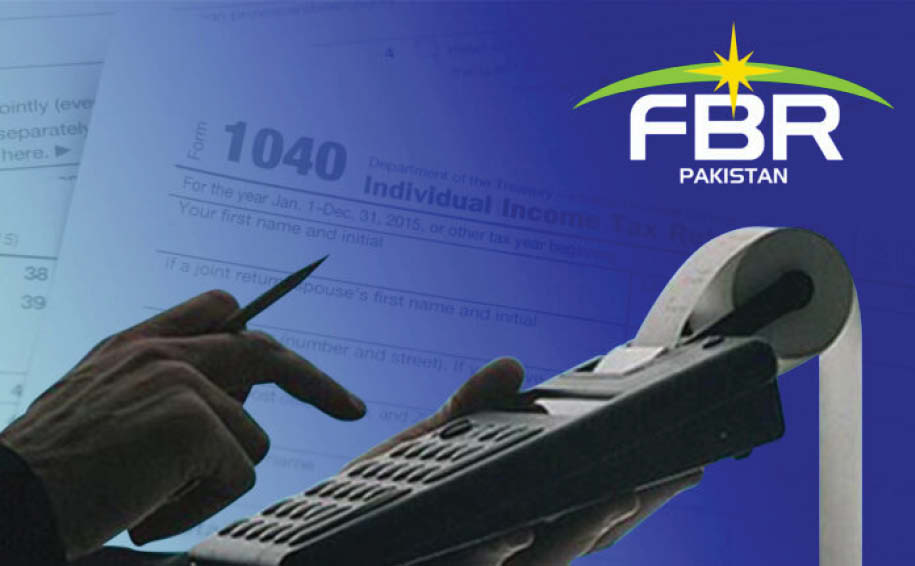The government has introduced significant reforms to curb tax evasion, presenting a new amendment bill in the National Assembly. These measures, aimed at enhancing compliance and boosting revenue, have stirred debates about their implications for non-tax payers and the broader economic landscape. Below, we delve into the key provisions of the bill, its potential impact, and the broader context of tax compliance in Pakistan.
Key Provisions of the New Amendment Bill
1. Restrictions on Banking Services for Non-Tax Payers
Under the proposed amendments, non-tax payers face stringent limitations in accessing banking facilities. The following changes are noteworthy:
- Bar on Opening Bank Accounts: Non-tax payers will be prohibited from opening new bank accounts, effectively sidelining them from formal financial systems.
- Frozen Accounts: Failure to register for sales tax within two days will result in the freezing of bank accounts, adding urgency to compliance.
2. Ban on High-Value Transactions
To curb financial activities outside the tax net:
- Thresholds for Transactions: Non-tax payers will be restricted from conducting transactions exceeding a specific threshold. This is designed to discourage large-scale cash dealings.
- Purchase Limitations: Acquisitions of vehicles above 800cc and properties beyond a defined value will be prohibited for non-tax payers.
3. Limited Allowances for Certain Assets
Despite the stringent measures, non-tax payers retain the ability to purchase:
- Rickshaws, Motorcycles, and Tractors: These exemptions cater to essential or small-scale transportation needs, reflecting a focus on inclusivity.
Implications of the Bill for Tax Compliance
4. Boosting the Tax Net
Federal Minister for Finance, Muhammad Aurangzeb, emphasized the government’s commitment to expanding the tax base. The recent surge in new tax filers—723,000 in FY2024—demonstrates progress, yet the proposed measures aim to address persistent gaps.
5. Enhancing Revenue Generation
By restricting non-filers from lucrative investments and major transactions, the government anticipates:
- Increased Filings: More individuals registering as tax payers.
- Higher Revenue: A more equitable tax collection system.
6. Challenges for Non-Filers
While compliance benefits the economy, non-filers face:
- Economic Exclusion: Barriers to financial and investment opportunities.
- Urgency to Adapt: Rapid timelines for registration, potentially causing logistical hurdles.
The Role of the Federal Board of Revenue (FBR)
7. Enforcement of Regulations
The FBR will wield significant authority to enforce compliance, including:
- Freezing Accounts: Immediate action against non-compliant individuals.
- Oversight on Transactions: Monitoring high-value transactions for anomalies.
8. Addressing Internal Criticism
Despite its expanded role, the FBR faces criticism for its administrative shortcomings:
- Inland Revenue Service Officers’ Concerns: Tax officers have voiced grievances about inadequate resources and low salaries, which could hinder effective enforcement.
Economic and Social Context of Tax Reforms
9. The Growing Tax Base
Recent data reflects an encouraging trend in tax compliance:
- Doubling of Filers: From 1.6 million to 3.2 million filers in a year.
- Policy Impact: Incremental reforms showing tangible results.
10. Addressing Tax Evasion
The amendment bill is part of broader efforts to combat tax evasion, aiming to:
- Strengthen Accountability: Limiting avenues for avoiding tax obligations.
- Promote Transparency: Encouraging financial discipline across sectors.
11. Balancing Inclusivity and Enforcement
While the restrictions may alienate some groups, targeted allowances like enabling purchases of motorcycles and tractors ensure:
- Economic Participation: Inclusivity for lower-income groups.
- Encouragement for Compliance: Incentives for transitioning into the tax net.
Potential Challenges and Criticisms
12. Feasibility of Implementation
Stakeholders have raised concerns about the practicality of the measures:
- Administrative Burden: Rapid implementation timelines may strain resources.
- Resistance from Non-Filers: Potential pushback due to perceived harshness.
13. Discontent Among Tax Officials
The IRSOA has criticized the FBR’s transformation plan, citing:
- Inefficiencies: Lack of effective strategies for systemic improvement.
- Resource Constraints: Limited access to tools and facilities for junior officers.

